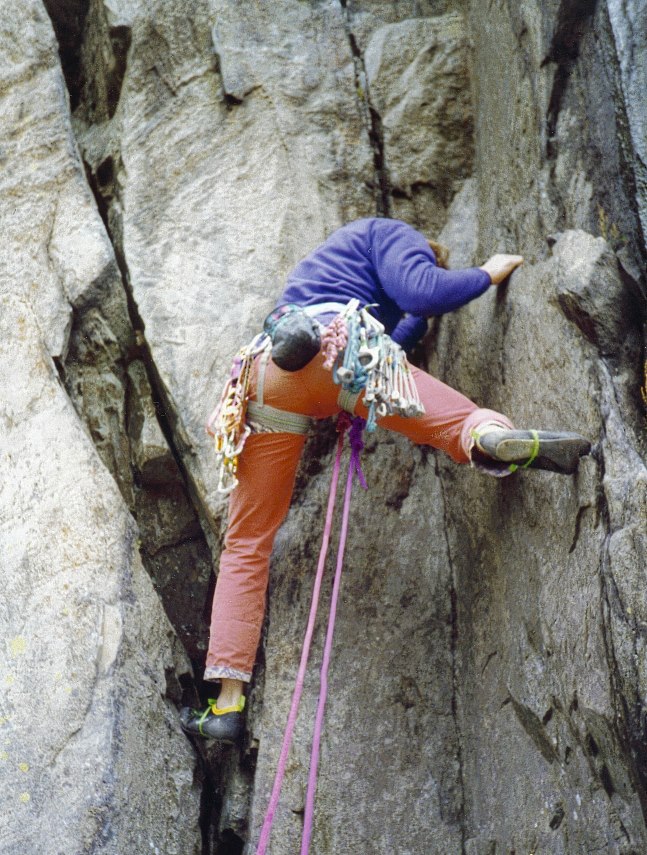Navigating Complexity- Eye For A Route

(By John Atkinson)
Navigating complexity can be tricky but you can learn to develop an eye for a route.
To the novice climber finding a way through the chaotic tumble of buttresses and gullies seems impossible. The lines seem hard to pick from a distance and just disappear once you are amongst the rocks and the heather. Each turn becomes fraught with danger, or at best might expend precious energy and soak up morale. The shoulder of a mountain can be no place for the inexperienced.
I was lucky. From as early as I can remember my holidays were in the hills. As kids we played out on the hillside amongst the bracken, pretended to be mountaineers on large out-lying boulders and spied lines that would reach distant summits. Our first real ventures into the hills were accompanied by parents who had been there before, knew the routes, carried the food, water and waterproofs.
Soon we had our own rucksacks to carry what was needed. Now this included a map, a compass and a whistle. We learned to find our own way, within safe bounds, growing bolder as we got older. I learned to climb, use ropes safely, move efficiently and safely over rocks and snow. It has taken me to the Andes, the Himalaya, the Atlas and of course the Alps and Pyrenees.
I often see my work as no different to this journey. Working with change in large or small organisations is always a journey through complexity. You don't ever really know how things will turn out, what will emerge along the way, what new opportunities will present themselves.
Sometimes too, you have to double back. Your route is leading nowhere. The obstructions along that way are too severe. It is necessary to back track, find a way round, look for a way to surmount the obstacles. In doing so it is valuable to travel with those who know the way, are skilled in the necessary techniques, those who can keep the right side of the divide between exciting and dangerous.
Navigating complexity is a skill learned over time. It Is best to have been through it a few times and yet even then you must remain constantly vigilant as to the signs and signals in the environment that can show you a route or cause you to pause on your ambitions.
You can embark on major change with little experience and come out of it successful. It can also go disastrously wrong. For all good guides the first consideration is the welfare of their group. When we lead people through major change we might do well to at times temper our personal ambitions.